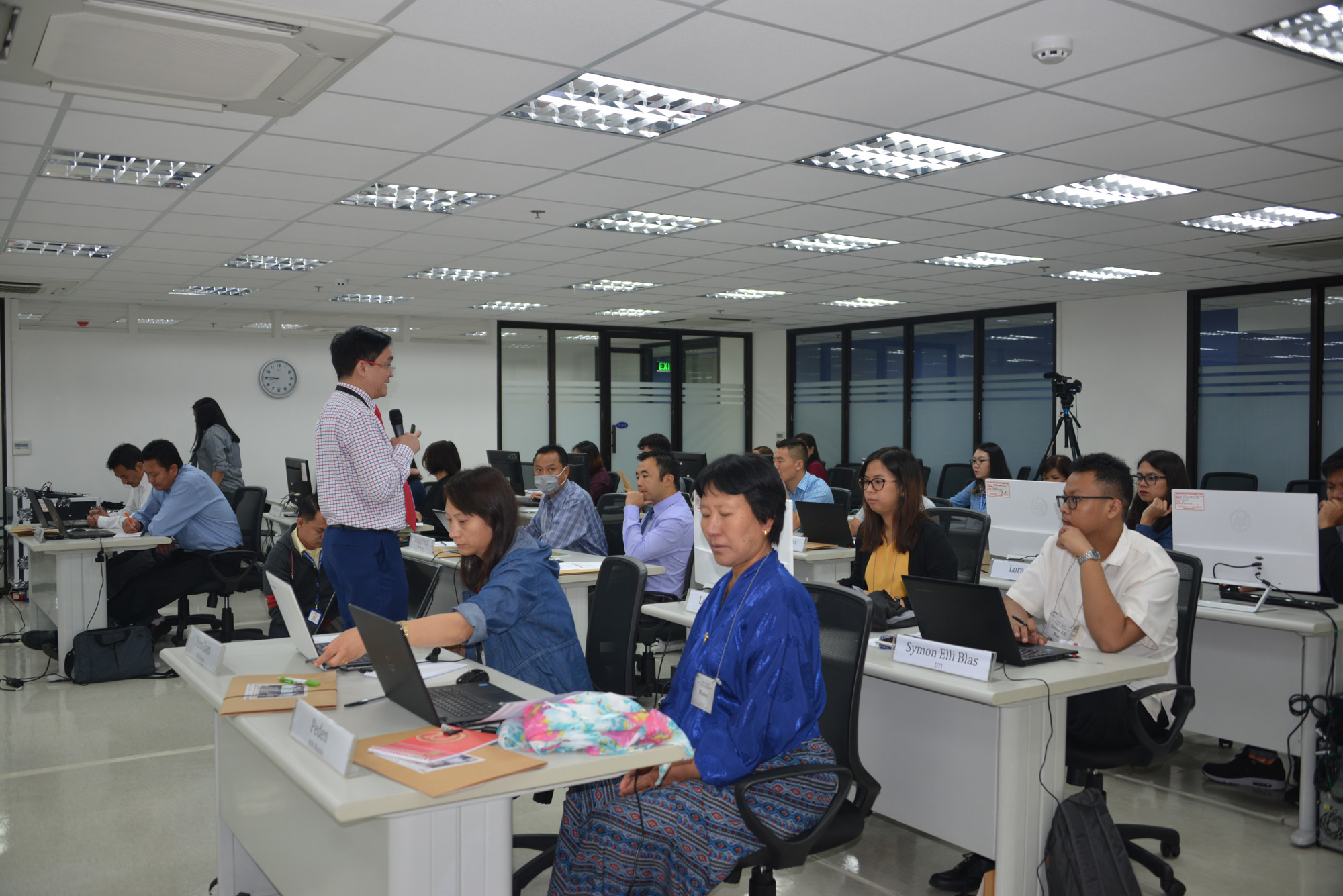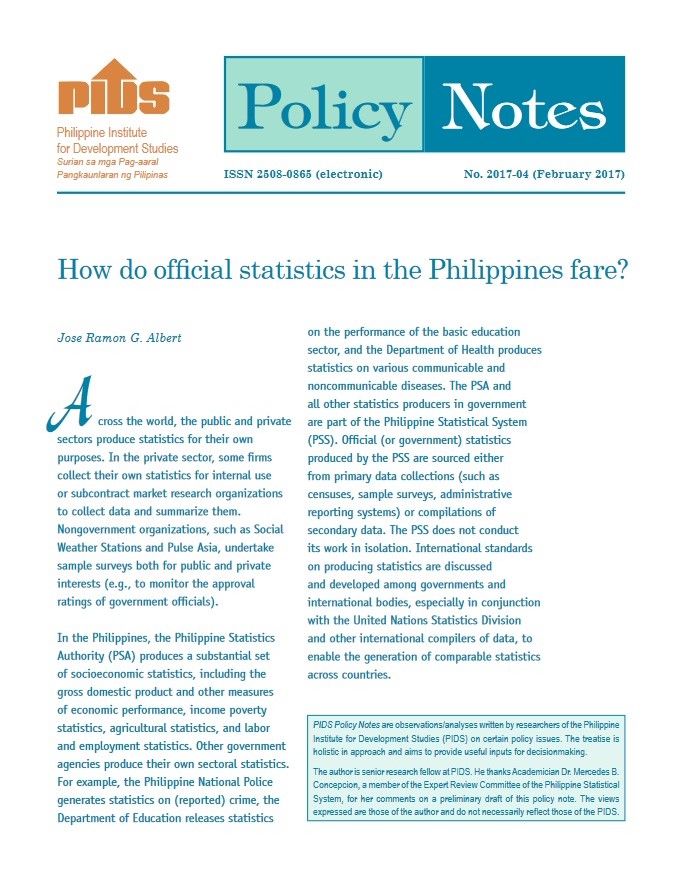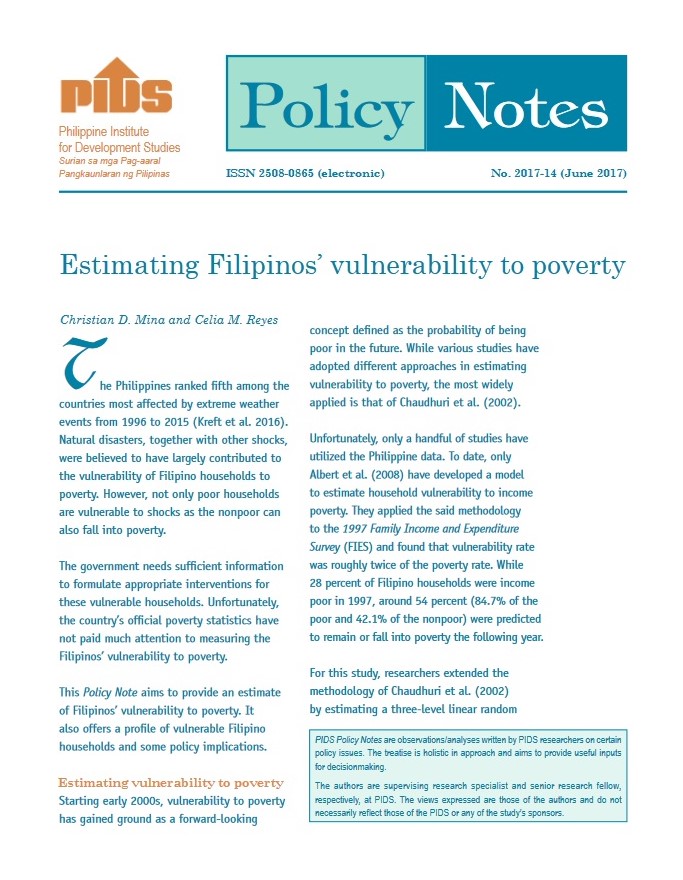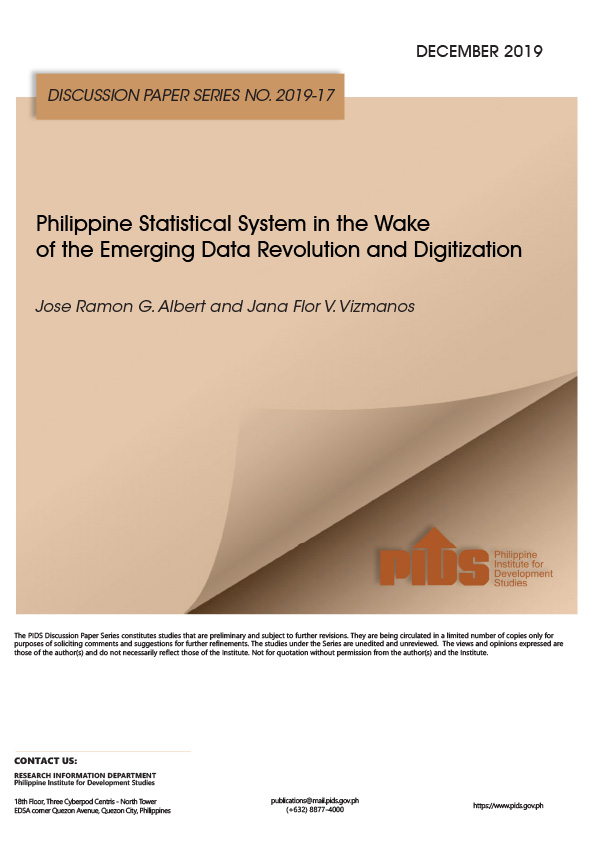
The Philippine Institute for Development Studies (PIDS) is conducting a six-day training course on statistical analysis for technical staff from the government of Bhutan.
The workshop, which started Monday (June 19), aims to “build skills and competencies in survey report writing” using the Stata software “for carrying out data management tasks, generating statistics (including estimates of standard errors of survey estimates based on probability surveys), and producing tables and effective visualizations of statistics”.
PIDS Senior Research Fellow Jose Ramon G. Albert, the main proponent of the course, said the training will help the National Statistics Bureau of Bhutan “position itself as a leading knowledge hub in the production and communication of statistics in various spheres”.
“Staff of NSB would require the development of skills and competencies in generating descriptive summaries of data, visualization, as well as the communication of statistical indicators, whether using cross section data from surveys conducted by NSB that provide a portrait of socioeconomic conditions in Bhutan”, Albert added.
Albert explained that they will be using the Stata software during the training, which he claimed is popular among researchers as it can handle many standard statistical methods of analysis, as well as specialized estimation routines.
“Stata is supposed to be a means by which people can aggregate information in databases and put them into meaningful formats including visuals. At the end of the day, when we have datasets that we need to examine, we need to make sure that we’re coming up with a storyline because statistics are always about stories. These days, we need to make sure that the visuals we generate are something that people can connect with," he pointed out.
According to Albert, the workshop is designed to hold lectures, question-and-answer sessions, hands-on computer exercises, and break-out-group-session exercises analyzing microdata data from results of surveys such as the Bhutan Living Standard Survey.
“We need to see the context in both the production and communication of information, so we are discussing that today and tomorrow. For the next two days, we will teach them how to manage data, combine data, and generate tables. On Thursday, we will help them produce visuals using Stata, including maps. Then the last two days, we will be focusing more on statistics. We will give them group work assignments to help them come up with actual profiles and then if possible even write-ups of the information they can come up [with]," he said.
Albert explained that these activities will allow NSB Staff to examine the wealth of data available in the surveys of Bhutan, including evaluating data quality, as well as to see how various socioeconomic data from surveys relate with each other.
Meanwhile, PIDS President Gilberto Llanto, in his welcome message delivered by PIDS Vice President Marife Ballesteros, stressed the significance of “producing solid policy studies based on appropriate data, analysis and statistical techniques”, which are key to formulating evidence-based policy recommendations that “seek to achieve societal goals”.
“We are very fortunate to have been able to conceptualize and organize this training course in collaboration with the NSB of Bhutan and the World Bank. By the end of this course, I know that our Bhutanese counterparts would have gained the knowledge and confidence in data analysis using the appropriate tools and in effectively communicating statistics in their role as custodian of official statistics," said Llanto. ###
Visit the photo gallery to view photos of this training.












